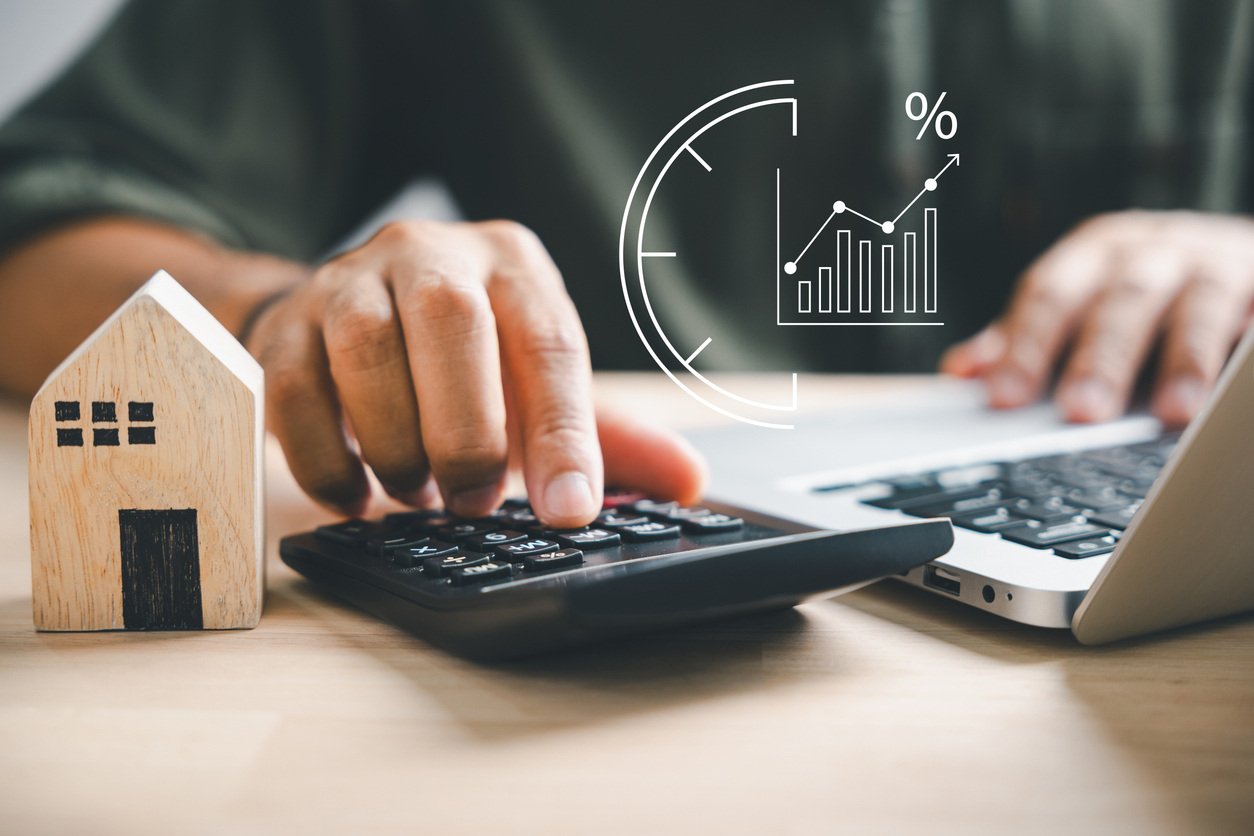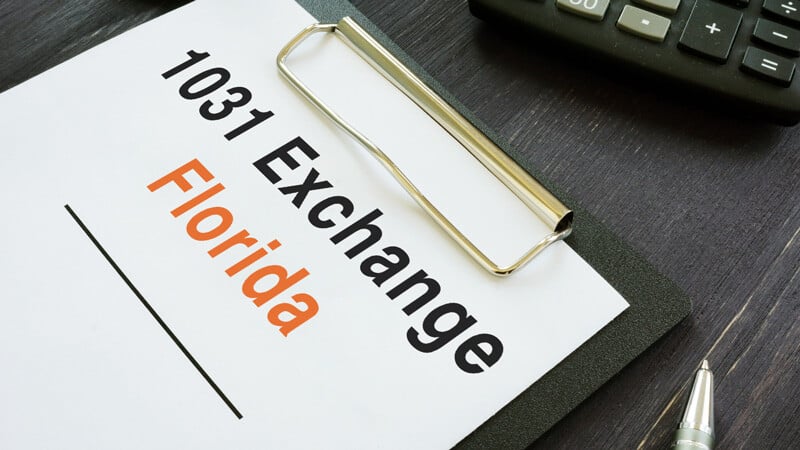Page 13 121 - 130 of 424
1031 Exchange Michigan: Rules, Taxes, and Other Considerations

It doesn’t matter whether you’re a wealthy businessman, a humble solopreneur, or a hardworking corporate employee; we all despise the same thing: taxes. Taxes can easily drain your finances, and doing it wrong can exacerbate the depletion of your resources.
1031 Exchange Boot: What It Is, How To Calculate, and Rules To Consider

The main benefit of a 1031 exchange is to defer taxes on capital gains. In theory, you should be able to delay payments on all the proceeds of a real estate asset sale, but there are cases when you may still incur tax liability. One specific scenario is the 1031 exchange boot — money or non-like-kind property you receive during a like-kind swap.
Can You Do a 1031 Exchange Between States?

A frequently asked question connected to the 1031 exchange is, “Can you execute a 1031 exchange between states?” At the federal level, the answer is a definitive “yes.” Internal Revenue Code 26 U.S. Code § 1031 – “Exchange of Real Property Held for Productive Use or Investment” – falls under federal tax legislation. As such, the process is uniformly recognized across all 50 states and DC.
Can You 1031 Exchange a Second Home?

Second homes can be personal or investment property, and sometimes there is a fine line between the two. If you own a second home that you live in part of the year, and you bought it thinking the value would increase, but you don't rent it to others, it's most likely not an investment. If you have a second home in a popular vacation area and rent it to others most of the year, but you consistently spend a week there over the holidays, that is likely an investment property.
Can You 1031 Exchange Into A Property You Already Own?

Generally, a 1031 exchange on a property you already own cannot be done, but with some creativity, there are some ways around it.
How Long Do You Have to Hold Property in a 1031 Exchange?

Suppose you have previously executed a 1031 exchange, selling one property and reinvesting the proceeds into a replacement while deferring capital gains taxes. In that case, you already know the process requires strict adherence to tight time frames. First, you must identify potential replacement assets within 45 days of the sale and then complete the purchase transaction within 180 days (including the 45 designated for identification). Meeting this requirement can be challenging, but the reward is the ability to reinvest the entire proceeds from the sale while delaying the need to pay the capital gains taxes.
1031 Exchange Loan: What It Is, How It Works & Rules To Consider

A 1031 exchange may be an appealing option for some investors, but there are many rules that you must comply with before you can enjoy the tax deferral benefits. Given the structure of a like-kind exchange, it may seem like loans are unnecessary. However, there are cases when you have to borrow funds, especially when timing and liquidity become issues.
1031 Exchange Colorado: Rules, Taxes & Other Considerations

What if we told you there’s a way to sell and acquire a new real estate property while deferring taxes? This approach is not a gray-area legal loophole but a valid one — the 1031 exchange.
1031 Exchange Real Estate Drop & Swap

Taking advantage of a 1031 Exchange, while involving many steps, is usually straightforward enough for a single property owner. Things get more complicated if you’re involved in an LLC as an investor. The structure of this legal entity makes it harder for one party to leverage 1031 Exchange benefits when the other has other plans for the sale, such as simply cashing out.
1031 Exchange Florida: Rules, Taxes & Other Considerations

Florida is an attractive state for real estate investors. From its sandy shores to the enticing weather, the Sunshine State boasts many features that draw real estate investment.
Page 13 121 - 130 of 424


